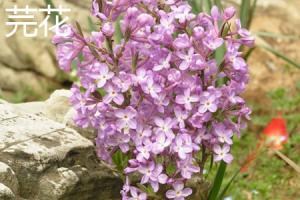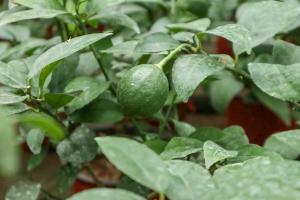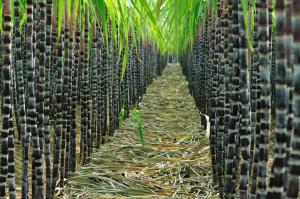Is Epsom Salts Good for Tomato Plants?
Tomatoes are a popular and easy-to-grow plant for home gardeners. However, to get the most abundant and healthy tomatoes, it's essential to provide them with proper care and nutrition. Epsom salts, also known as magnesium sulfate, have been suggested as a useful addition to the plant's soil. But is Epsom salts good for tomato plants? Let's explore this topic further.
What is Epsom Salts?
Epsom salt is a naturally occurring mineral compound of magnesium and sulfate that has a crystalline structure. It is commonly used in beauty, personal care products, and agricultural applications. Epsom salts are usually composed of colorless, odorless, and bitter-tasting crystals that dissolve in water.
Epsom Salts and Tomato Plants
Epsom salts are believed to provide beneficial nutrients for tomato plants, such as magnesium and sulfur. Magnesium is a crucial nutrient for plant growth as it helps in photosynthesis, enzyme activation, and the production of chlorophyll, which gives plants their green color. Meanwhile, sulfur is essential for the development of proteins, enzymes, and vitamins.
Applying Epsom salts to tomato plants is thought to boost their growth, improve the size, quantity, and quality of their fruits, and increase their tolerance to stress, such as heat, drought, or cold. Moreover, Epsom salts can help prevent blossom end rot, a common tomato disease that is caused by calcium deficiency.
How to Use Epsom Salts on Tomato Plants
The most common method of using Epsom salts on tomato plants is by adding them to the soil or spraying them on the foliage. To add Epsom salts to the soil, mix one or two tablespoons of Epsom salt per gallon of water and pour the mixture around the base of the tomato plant. To use Epsom salts as a foliar spray, dissolve one tablespoon of Epsom salt in one gallon of water and spray the solution onto the leaves of the tomato plant.
It's important to note that excessive use of Epsom salts can harm tomato plants and create mineral imbalances in the soil. Therefore, it's recommended to apply Epsom salts sparingly and not more than twice a month during the growing season.
The Bottom Line
Epsom salts can be useful for tomato plants to provide them with essential minerals such as magnesium and sulfur. When used correctly, Epsom salts can improve plant growth, fruit production, and stress tolerance. However, it's important to use them sparingly and not overdo it to avoid damaging the plants. So, is Epsom salts good for tomato plants? Yes, it is, as long as you use it wisely.

 how many times do yo...
how many times do yo... how many planted tre...
how many planted tre... how many pine trees ...
how many pine trees ... how many pecan trees...
how many pecan trees... how many plants comp...
how many plants comp... how many plants can ...
how many plants can ... how many plants and ...
how many plants and ... how many pepper plan...
how many pepper plan...































